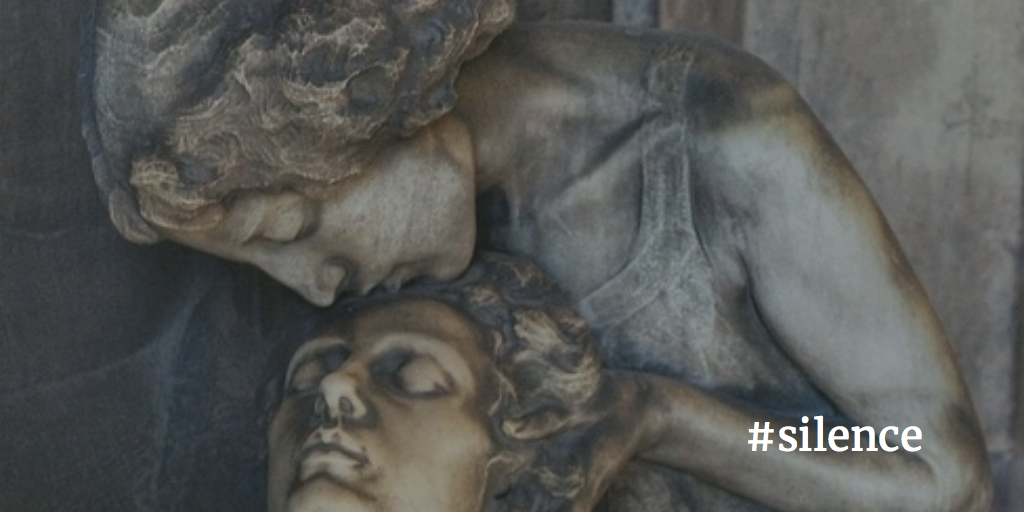"The Media and the Massacre"
I don't know what to say about the massacre overnight in Las Vegas. Probably the best thing is to say nothing, to resist the urge to explain, to sit in silence and actually pray, rather than just tweeting that worse-than-useless phrase "thoughts and prayers." This morning, however, I came across a brief essay that I actually found helpful in light of today's evil news, an essay that Andy Crouch wrote in 2012 after the Newtown massacre at Sandy Hook Elementary called?"The Media and the Massacre":
The most basic lesson for those who would comfort the victims of tragedy is that the first, best response to tragedy is presence, and often the best form of presence is silence. The grieving, the sick, and the dying sometimes need our words, sometimes need our touch, but almost always they need our presence. And there is no contradiction between presence and silence in the embodied life for which we were all created, to which we are all called, into which God himself entered. Bodies can be present without a word. That is the beauty of bodies.
He goes on to comment on our inability to keep silent in the face of these sorts of events, how the social media have caused us all to feel as if our voice needs to be heard:
And while there was a time when you could count the number of broadcasters on one hand, we are all broadcasters now. A tragedy like the Newtown massacre becomes not just a media event, but also a social media event. As the journalist Alex Massie pointed out in his trenchant essay this week, silence is not an option in social media. Not to tweet or post or blog is not to be silently present?it is to be mutely absent. He suggested, fully aware of the futility of his suggestion, that perhaps we all could have simply posted one-word tweets on Friday, using the hashtag #silent, and left it at that. But we didn't, nor are we likely to during the next tragedy. #silent will never be a trending topic on Twitter. All that any of us who do not live in Newtown, Connecticut, truly needed to know?possibly more than we needed to know?appeared in a 12-word news alert on my phone Friday afternoon. Almost everything else, I believe, was a distraction from the only thing that we who are not first responders, pastors, or parents in that community needed to do at that moment: to pray, which is to say, to put ourselves at the mercy of God and hold those who harmed and those who were harmed before the mercy of God.
Why must we say?anything? Perhaps it's because we'd rather not actually face the brutal facts: that we are not in control, and that there is inexplicable evil in the world:
The quest for more talk, more images, more footage (none of which would ever satisfy our lust for understanding, no matter how graphic police and producers allowed them to become) is rarely about the quest to more deeply contemplate the brokenness of the world?it is the quest to not contemplate it. Because if we were simply to contemplate those 12 words, we would be brought all too soon to the terrifying precipice of our own inadequacy, our own vulnerability and dependence, and even (so the saints testify) our own culpability, our nearness in spirit to even the most deranged and destructive.... Terrible things happen every day. One day, one will probably happen to you, if it has not already happened. Surely it is our suppressed awareness that tragedy is coming our way, too, our unwillingness to be silent and contemplate our own need for mercy, that turns compassion into compulsion, turns our God-breathed impulse to stop for the wounded traveler into the gawking slowdown on the other side of the highway.
Please read the whole thing, especially his piercing final sentence.
